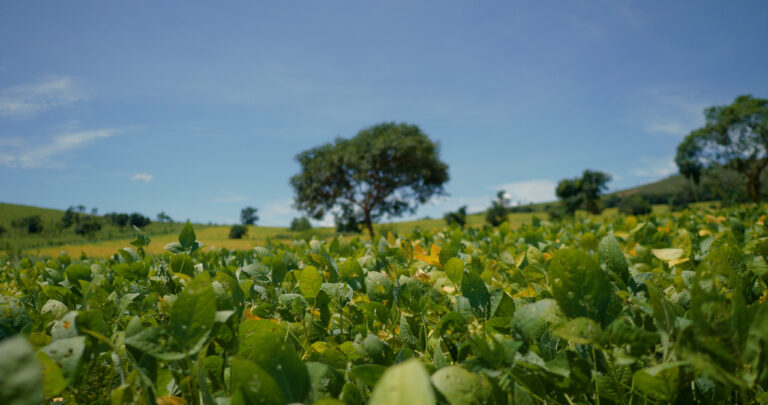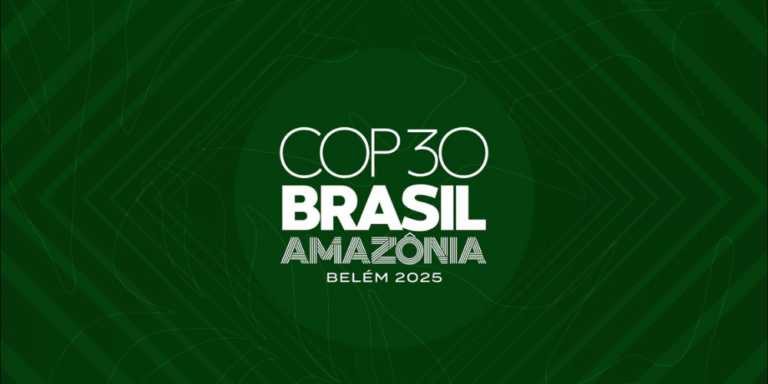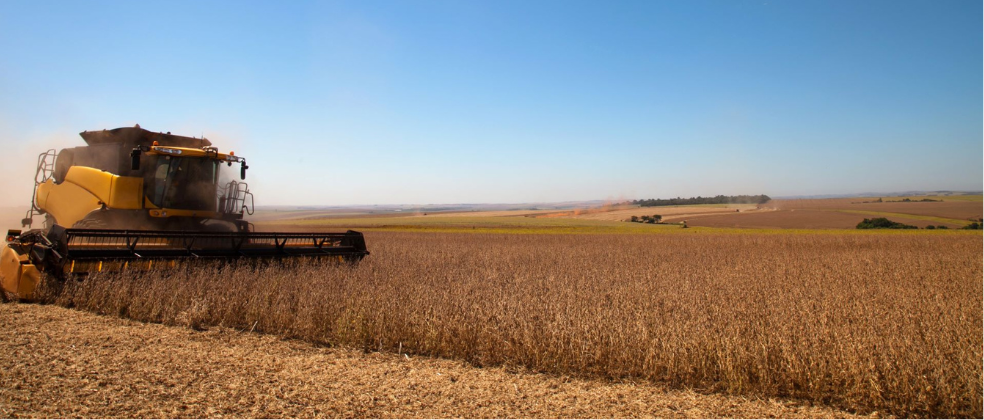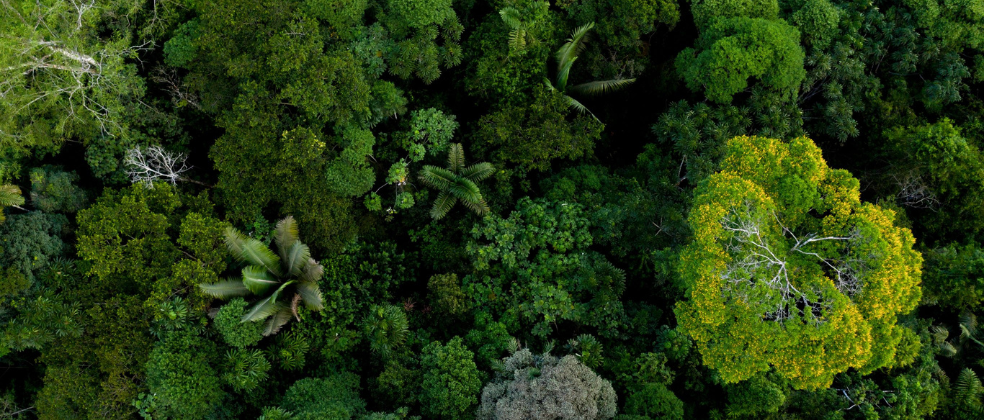This November SIM and BVRio will participate in the following COP30, and COP adjacent high level international climate talks:
See us at:
Financial Leadership for the Future of Agriculture and Food – Sustainable and Deforestation-Free Solutions (roundtable participant)
Host/s: Itaú Unibanco in partnership with UNEP FI
Location: São Paulo
Date/Time: 3 November, 3:00 PM to 5:00 PM (Brasília time)
Format: In person roundtable discussion
Language: English
Registration/Details: access by invite only
COP30 Local Leaders Forum (attending)
Host/s: Bloomberg Philanthropies
Location: Museu de Arte Moderna do Rio de Janeiro
Date/Time: 3 November, 18:00-20:00
Format: In person
Language: English
Registration/Details: https://bbgevent.app/bem-vindo-ao-rio/
C40 World Mayors Summit / Local Leaders Forum at COP30 (attending)
Host/s: COP30 Presidency and Bloomberg Philanthropies
Location: Rio de Janeiro
Date/Time: 3–5 November, 07:00 – 21:00
Format: In person
Language: English and Portuguese
Registration/Details: access by invite only
WBCSD/LAB blended finance session (attending)
Host/s: The World Business Council for Sustainable Development (WBCSD)
Location: São Paulo
Date/Time: 6 November, 15:10 – 15:55
Format: In person
Language: English
Registration/Details: https://events.climateaction.org/sustainable-innovation-forum/
Financing Green & Greening Finance: Lessons from bankable models in the Brazilian forests and sustainable land use sector (speaker)
Host/s: Mobilising Finance for Forests’ Learning, Convening and Influencing Platform (MFF LCIP)
Location: São Paulo
Date/Time: 7 November, 9:30 – 11:30
Format: In person
Language: English
Registration/Details: https://pip2025.unpri.org/saopaulo/pages/6025
Mobilising Finance for Forests (MFF) Investee Showcase (panel participant)
Host/s: Mobilising Finance for Forests (MFF)
Location: São Paulo
Date/Time: 7 Nov, 09:00-11:00
Format: In person
Language: English
Registration/Details: access by invite only
Catalyzing Green Capital: Innovative Finance for Brazil’s Pasture Regeneration (participant – Mauricio Moura Costa)
Host/s: The Global Innovation Lab for Climate Finance
Location: Belém
Date/Time: 10 Nov, 15:20 – 16:35
Format: In-Person
Language: English
Registration/Details:https://www.embrapa.br/cop30/agrizone/programacao
Opportunities and Financing Mechanisms for the Conservation of the Atlantic Forest and Mitigation of Climate Change (panel participant – Roberta del Giudice)
Host/s: Rede de ONGs da Mata Atlântica (RMA)
Location: Belém, University of Amazônia (UNAMA)
Date/Time: 12 Nov, 11:00
Format: In-person
Language: Portuguese
Registration/Details: https://rma.org.br/news/rma-convida-organizacoes-filiadas-para-casa-da-mata-atlantica-na-cop30-em-belem/






